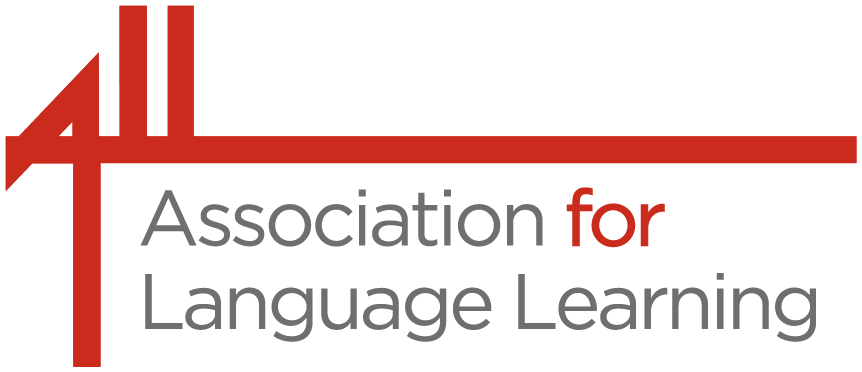The welcome adjustments in June 2024 which brought grading in GCSE French and German in line with GCSE Spanish continue in 2025 for this last year of the existing GCSE specification. Originally announced in 2019, the first phase was implemented in 2023 and the final phase in June 2024. Together with the continued inclusion of Modern Languages in the EBacc and Ofsted’s definition of an ambitious curriculum, this has meant that the overall percentage of pupils taking French, German or Spanish GCSE has remained steady at around 45%. It is vital that the final report of the Curriculum and Assessment Review and the final Ofsted Framework (both due out in the Autumn) maintain this emphasis on the place of ML in the curriculum.
This requirement for the exam boards to make positive adjustments to the grades awarded has been good news for all those taking French and German GCSE exams since 2024. The percentage gaining grade 7 or above in French rose from 26% in 2023 to 28% in 2024 and 29.7% in 2025, and German from 27.6% in 2023 to 32.1% in 2024 and 34% in 2025, with Spanish rising slightly from 26.1% to 26.7% in 2024 and 27.1% in 2025. It is really important when looking at raw percentages of grades awarded to note that the three languages (French, German and Spanish) have different and changing ability profiles, which affects the distribution of grades awarded e.g. Spanish has a broader profile than German which has a high proportion of students with high prior attainment (more details in blogpost by ALL Trustee, Helen Myers). The overall number of GCSE entries has decreased for the first time in a number of years (by 0.28%). However, as a percentage of the overall entries, Spanish has increased from 2.25% in 2024 to 2.31% in 2025, French has marginally decreased from 2.27% in 2024 to 2.24% in 2025, and German has dropped from 0.61% in 2024 to 0.57% in 2025.
ALL will continue to argue that there should be a greater adjustment to all three languages so that pupils will see that their GCSE grades in ML are comparable, on average, with their grades in other EBacc subjects, rather than thinking (incorrectly) that they are not as good at ML as other EBacc subjects. In the meantime, we hope that this change will encourage students and teachers of ML.
We are delighted to see the continued increase in the number taking other languages (from 41,475 in 2024 to 42,113 in 2025), and ALL continues to support and encourage the delivery of Home, Heritage and Community Languages (HHCL) and the work of Supplementary schools.
ALL President, Judith Rifeser, comments on this year’s results: “The GCSE Modern Language results mark an important milestone for learners, their parents/carers and schools, recognising the value of formal qualifications in languages. We highly commend the passion and dedication of teachers, both in formal and supplementary education in ensuring students’ skills, interests and identities are formally recognised and celebrated. ALL will continue to highlight the issue of severe grading in languages, advocating for our students and teachers. It remains of critical importance that languages hold a strong place in the curriculum, offering learners a rich and broad education and we hope this will be recognised in future recommendations on the teaching and learning of languages. Exams are important, but we must also look beyond them, remembering the lasting value that languages bring to individuals, society, our economy and the United Kingdom as a whole”.
Appendix with links
JCQ has shared main results tables, press notice and other results tables for 2025 click here.
Ofqual has shared a range of comments and analysis as follows (links embedded):
- Press Release
- Ofqual blog
- Summer results: 2025 statistical release
- Infographics
- Ofqual Analytics
- National Reference Test Results Digest
Please click here to download the pdf.
